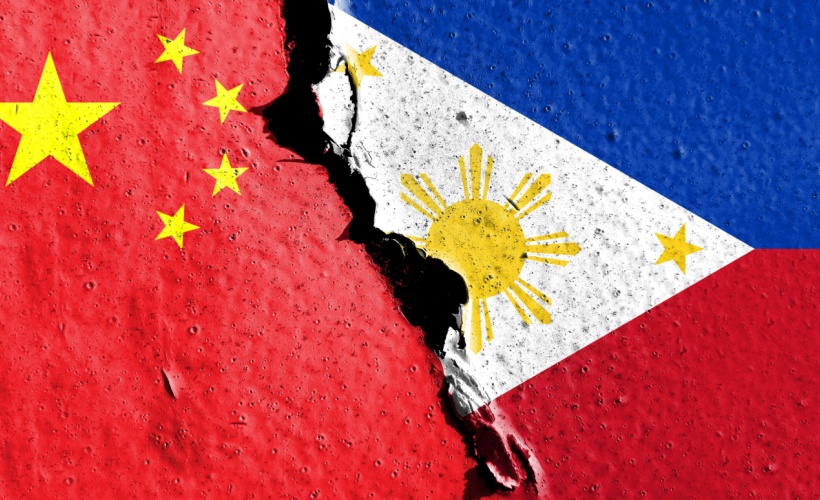By Alisa Santikarn, Research Assistant
The Centre for Geopolitics welcomed Prof Chris Marquis (Sinyi Professor of Chinese Management at Cambridge Judge Business School) on Wednesday 31 May to discuss his latest book, Mao and Markets: The Communist Roots of Chinese Enterprise, co-authored with Kunyuan Qiao. This book considers the historical legacies of Chinese politics during the Mao era in the contemporary world of business and economics.
Marquis started his talk with a discussion of incorrect assumptions the West has made about China, pointing out that the West has failed to understand the Chinese system, and, particularly, how the state and market are intertwined.
The book, Mao and Markets, adopts a theoretical perspective centred on the idea of ‘imprinting’ to explain how early leaders’ (in this case, Mao) impacts on culture and their role in shaping instutions have resonant effects on the present. In exploring Mao’s imprint on Chinese people, Marquis pointed out how not only are CCP members socialised around Maoist principles, but there is also a more general cultural osmosis and intergenerational transmission of this Maoist ideology through state-influenced systems like media, education, and historiography.
To better understand Xi Jinping’s actions today, Marquis argued, you need to look at Mao. In particular, Marquis noted an increasing use of Maoist doctrines by Xi over the Covid period, as evidenced, for example, through China’s Zero Covid Strategy.
Marquis unpacked the structure of his book in three parts, beginning with Mao’s influence on Chinese entrepreneurs today through contemporary nationalism. His work found greater hesitancy to engage with foreign capitalists, follow foreign models, and go against national strategy amongst entrepreneurs who joined the CCP during the Mao era, before 1978.
The second part of the talk explored the legacies of mass campaigns, focusing on the Great Leap Forward and its ties to resource scarcity and more frugality amongst entrepreneurs who lived through this period. In his book, Marquis also covers the long-lasting impacts of the Cultural Revolution and the Third-Front Construction on attitudes towards business in China today.
Finally, the talk rounded off with a discussion on socialist institutions and the Chinese state and CCP’s influence on private business, arguing that alongside a dampening effect that accompanies this increased control, there are also benefits, as party involvement can often look more like unionism, where employees see an increase in certain rights.
Given the clear impact Mao has had on Chinese politics and business to date, will this Maoism endure into the future? To conclude, Marquis argued that as seen with Covid, Xi has ramped up his ideological values at the cost of national economic development and this strategy will likely continue, dampening overseas economic interest in China. Whether this Maoism will transform under Xi into something new remains to be seen.







